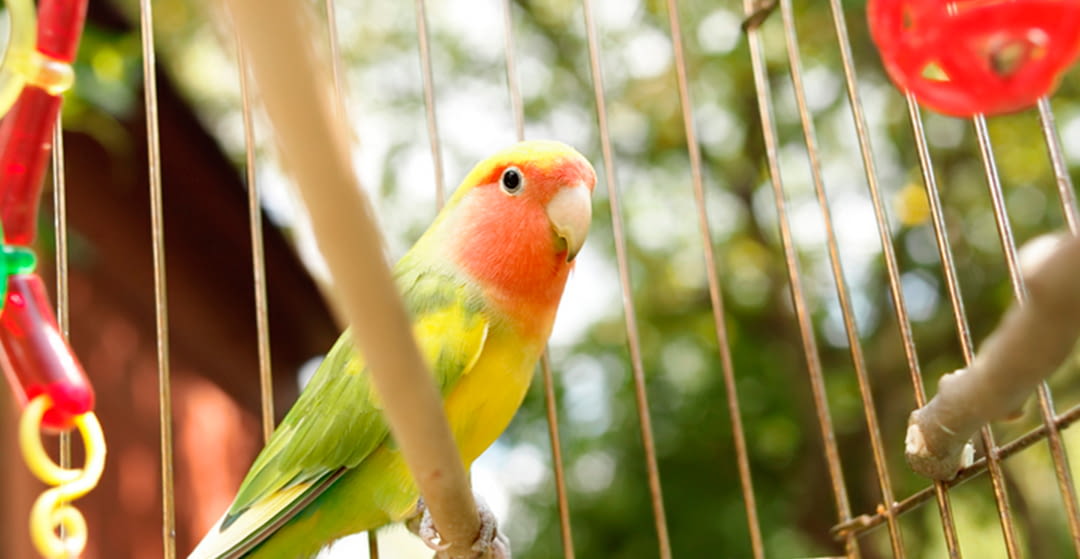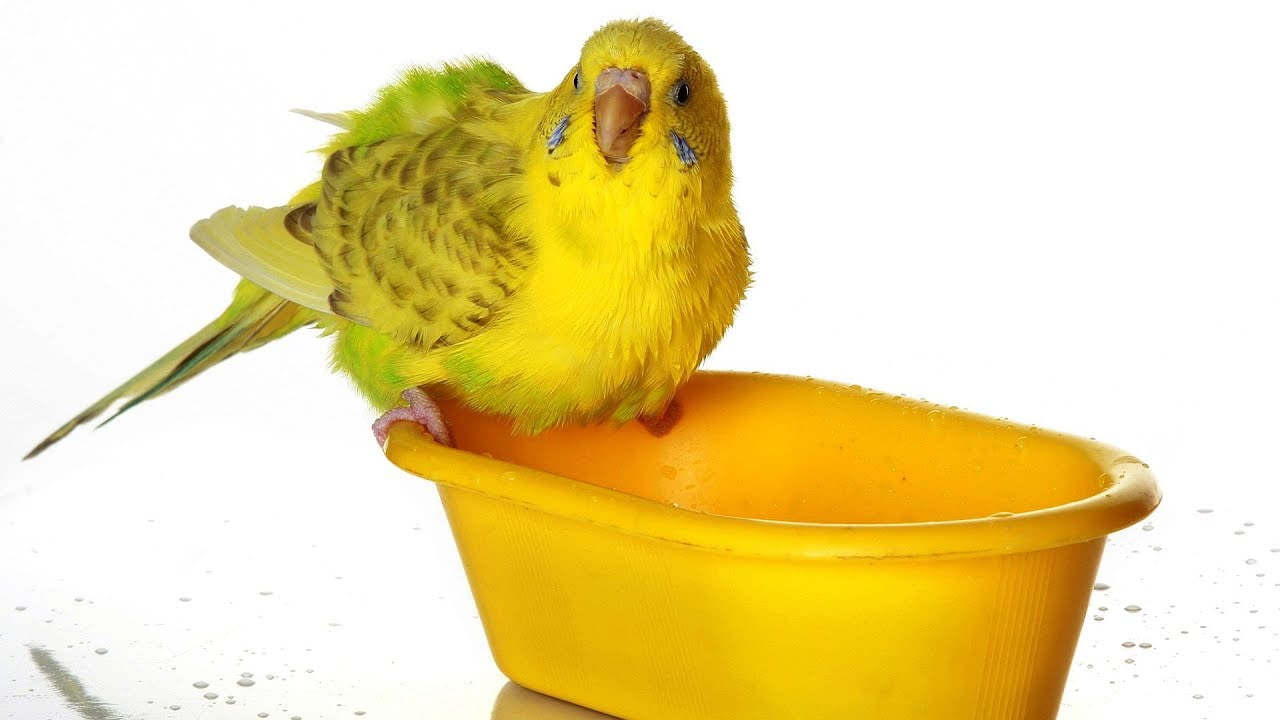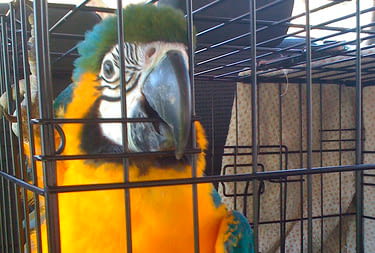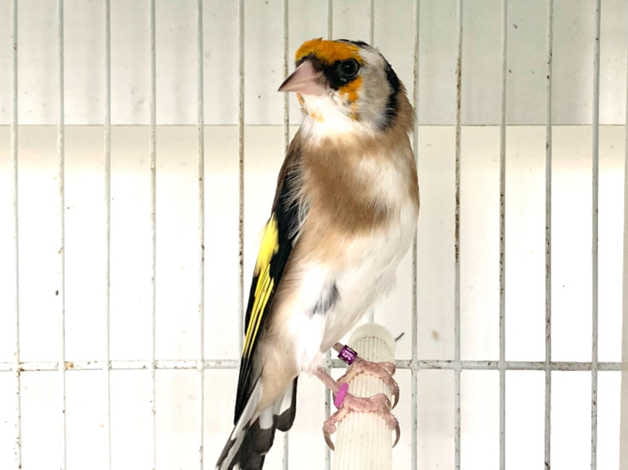
In a previous article we pointed out how to detect heat stroke in birds and also how to prevent it, this time we will go deeper into this last topic so that you can transmit to your customers concepts necessary for birds to be protected from high temperatures.
FOOD IN THE HOT MONTHS
Small pieces of fruits and vegetables, well washed and fresh, are welcome during any season, but especially in summer when it is hot. Non-eaten remains should also be removed and cleaned every short time to maintain good cage hygiene.
HYDRATION IS ESSENTIAL
All birds, regardless of their species, are sensitive to dehydration. This happens because your metabolism is very high, making your respiratory rate to be high and your normal body temperature to be about 40ºC-42ºC. .
In fact, their normal temperature is so high that they can't have a fever. These facts cause birds to lose more water by evaporation.
The bird must have fresh water constantly. In summer it is preferable not to use any supplements that are added to the water. The change in taste can cause the pet to drink less, which is not convenient with the heat. If there are several birds together, it is better to put several drinkers to facilitate their access to water.
Many birds also appreciate the bathtubs for a dip. In addition, we can spray them with clean water in the hottest hours. Sprays are especially important in tropical birds, as are most parrots.

CAGES
In general, the larger the cage the better. It is not necessary to change the cage, but it is necessary to adapt it to the situation
- Provide shade areas avoiding areas air conditioning too strong or that is directly under the flow of cold air
- Put bathtubs and, perhaps, an extra drinker.
WHAT IF IT IS A BREEDING?
Like people, very young or elderly birds are at greater risk of suffering from heat.
In the case of young women, lack of experience is the main problem. And, in the case of elderly women, weakness, circulation problems or difficulty moving can cause them to drink less or not take refuge from the sun.
Therefore, the precautions mentioned above must be extreme.
TRAVELING WITH BIRDS
In general, healthy birds can handle not-too-long car trips (less than 5 hours).
If the cage is transportable, it is preferable to travel in the cage. It is necessary to cover the cage with a light cloth, taking care that it ventilate well. Still, it's normal for them to get nervous and often not eat or drink during the trip.
Therefore, when arriving at the destination, the first thing to do is to place the cage in a quiet place so that the animal calms down.
Long trips or multiple modes of transport are more stressful for birds and can happen to spend too many hours without eating or drinking. In these cases, the possibility of leaving them in a bird holiday residence can be considered.

SPECIES OF BIRDS MORE SENSITIVE TO HEAT
Obese birds are more sensitive because fat accumulated under the skin makes it difficult for heat to be released from the body. The big drawback for owners is that plumage can hide both the thinness and obesity of the pet from sight.
The birds that present obesity with special frequency are the canaries, the parakeets, the rosellas and the so-called Amazonian parrots (green parrots of the Amazon genus).
On the other hand, smaller birds, such as goldfinches, diamonds or coral piquitos are more sensitive to dehydration. This happens because their metabolism is especially high and because they have a large body surface area in relation to their volume. In addition, since your body is so small (between 7 and 18 grams of weight only) the overheating occurs faster.
However, all birds, regardless of their condition or species, can suffer from the heat in summer.




